Working to improve mutual understanding between the Middle East and the West
Basket
2014 Conference
The First World War and its Aftermath: The Shaping of the Middle East Convened by HRH Prince Hassan of Jordan and Dr Barbara Schwepcke.
Working to improve mutual understanding between the Middle East and the West
No products in the basket.
6 – 7 December 2014
At SOAS (School of Oriental and African Studies) & NCH (New College for the Humanities), London, UK
The Gingko Library Conference series brings together scholars from the East and the West. The first conference, held in London on 6 – 7 December 2014, focused on the effects of the First World War on the Middle East. The attending advisors of the Gingko Library included Eugene Rogan of the University of Oxford and Leila Fawaz of Tufts University. Our guest speakers included Alaa Al Aswany multiple award-winning Egyptian writer of The Yacoubian Building and Democracy is the Answer: Egypt’s Years of Revolution.
The inaugural Gingko conference looked at the immediate aftermath of the First World War with a particular focus on how the period began a long process of reshaping the identities of the peoples of the Middle East. How has our understanding of this history changed in both Western and Middle Eastern scholarship? What is the relevance of this history to the self-understanding of the people and politics of the region? What are the implications in terms of the concept of nation state and national boundaries? How did it influence the legitimacy and governance in the region? What lessons can be drawn from this period for both West and East when looking at the challenges and opportunities in the Middle East today?
Delegates and speakers included:
Seda Altug (Bogaziçi), Najwa Al-Qattan (Loyola Marymount), Omar Ashour (Exeter), Diana Bozhilova (NCH), Tracy Chamoun (Lebanon’s Liberal Democrats Party), Peter Clark (Banipal), Jonathan Conlin (Southampton), Noga Efrati (Open University of Israel), Sevinç Elaman (Manchester), Kaveh Ehsani (DePaul University), Michael Erdman (SOAS), Mark Farha (Georgetown), Leila Fawaz (Tufts University), William Gallois (Exeter), Aimee Genell (Yale), Farangis Ghaderi (Soran University-Iraqi Kurdistan), Melanie Gibson (SOAS/NCH), Harrison Guthorn (Maryland), Hassan Hakimian (LMEI / SOAS), Dónal Hassett (European University), Robert Irwin (author of For Lust of Knowing), Lorenzo Kamel (Harvard University and Bologna University), Ahmad Karimi-Hakkak (SOAS), John McHugo (author of Syria: From the Great War to Civil War), Tarek Osman (writer and broadcaster), Lord David Owen (author of The Hidden Perspective), Jason Pack (Cambridge), Louise Pyne-Jones (Leeds), Eugene Rogan (Oxford), Bruno Ronfard (Montreal), Amany Soliman (University of Alexandria), Steven Wagner (Oxford), Max Weiss (Princeton), Brett Wilson (Macalester), Charlie Winter (Quilliam Foundation), Aaron Zelin (Washington Institute)
The course of the First World War, as it played out in the Middle East and the political and cultural changes around it, shaped the modern Middle East: the British and the Russians fought the Ottomans for supremacy in the region – the latter two powers did not survive the fight. Both sides tried to use notions of Islamic unity and Pan-Arabism to their own advantage: Sultan Mehmed V called for a global Muslim jihad against the Entente Powers, while Britain stirred Pan-Arabism with little intention of honoring promises made in the process. At the end of the First World War four multi-ethnic empires lay in ruins. In the Middle East lines were drawn in the sand, dividing communities, which had lived together for centuries. The American president Wilson’s ideals were as powerful an inspiration as the Russian revolutionary leader Lenin’s communist utopia on nationalist leaders such as ‘Abd al-‘Aziz al-Tha‘alibi and Saad Zaghloul, but what constituted a nation in the Middle East and North Africa in the aftermath of the First World War? In the end, neither the Tunisian Destour nor the Egyptian Wafd party were allowed to present their case for national self-determination at the Paris Peace Conference. And the only Middle Eastern delegation to attend was the Hejaz, lead by Emir Feisal, who had been promised a united Arabia – a promise betrayed at the end of the First World War.
On Saturday evening the Gingko Conference opened to the public for what became a fascinating discussion between best-selling Egyptian author and political commentator Alaa Al Aswany and Egyptian author Tarek Osman, on the theme of ‘Renegotiating Identity in the Aftermath of the Arab Uprisings’. The debate was held on the occasion of the launch of Al Aswany’s new book Democracy is the Answer: Egypt’s Years of Revolution.
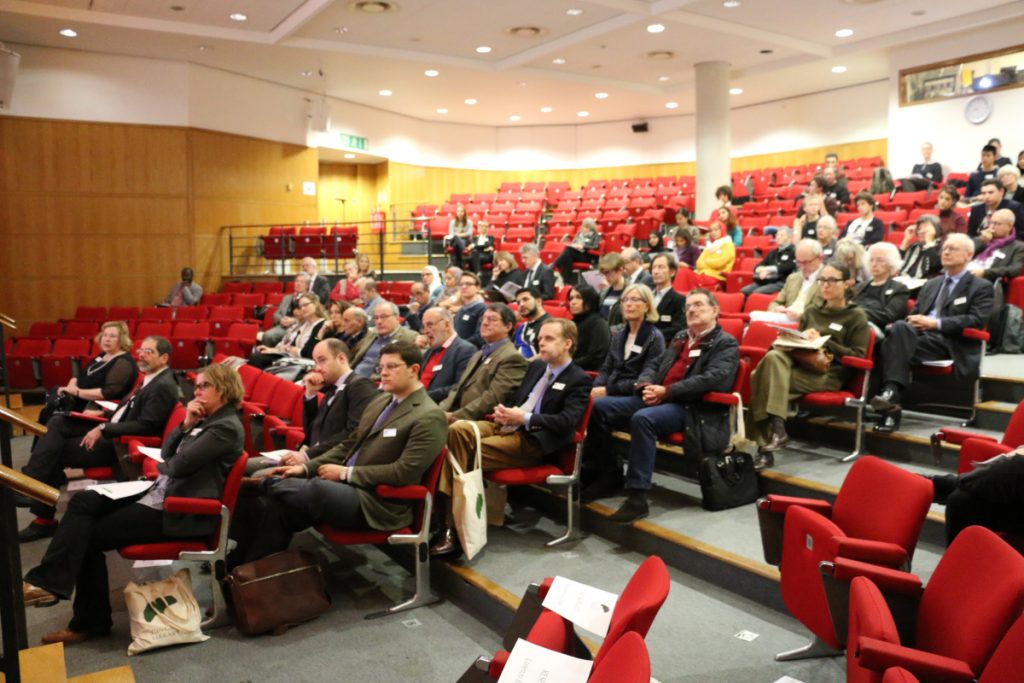
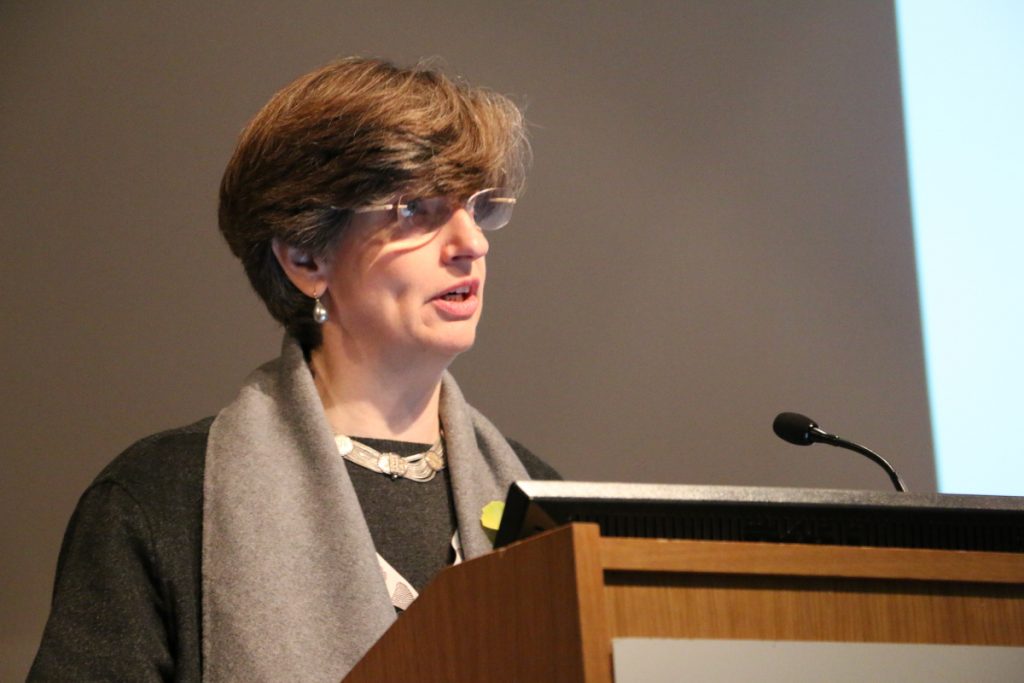
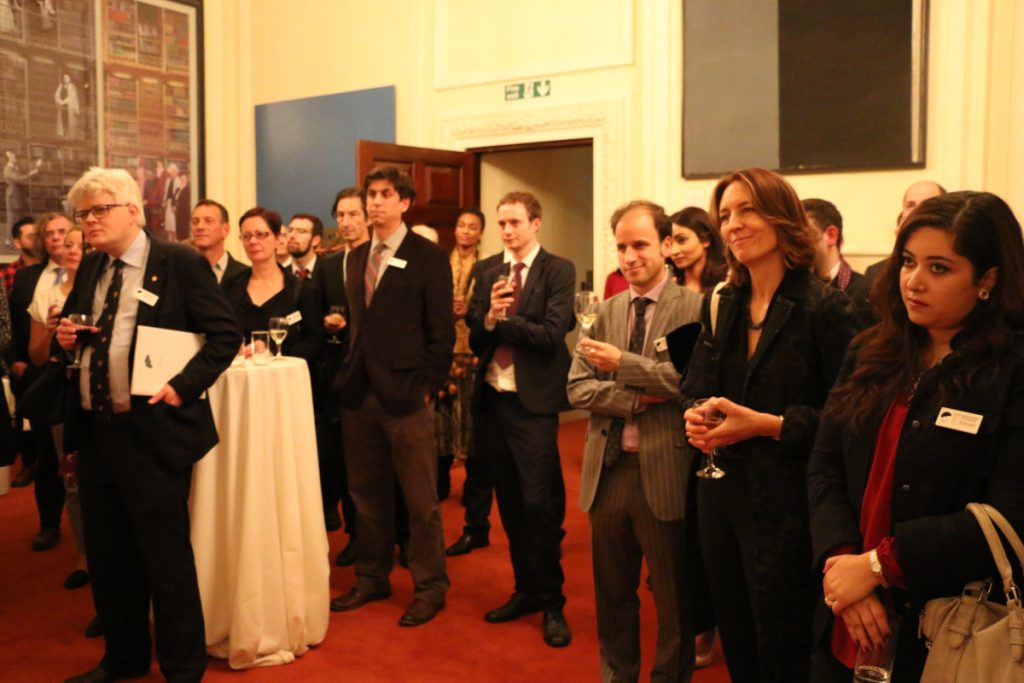
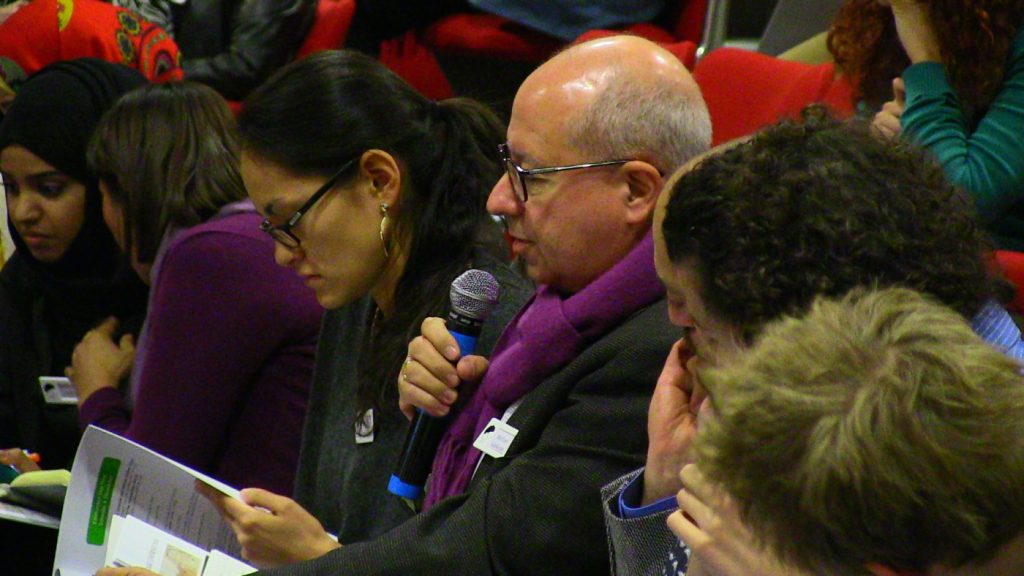
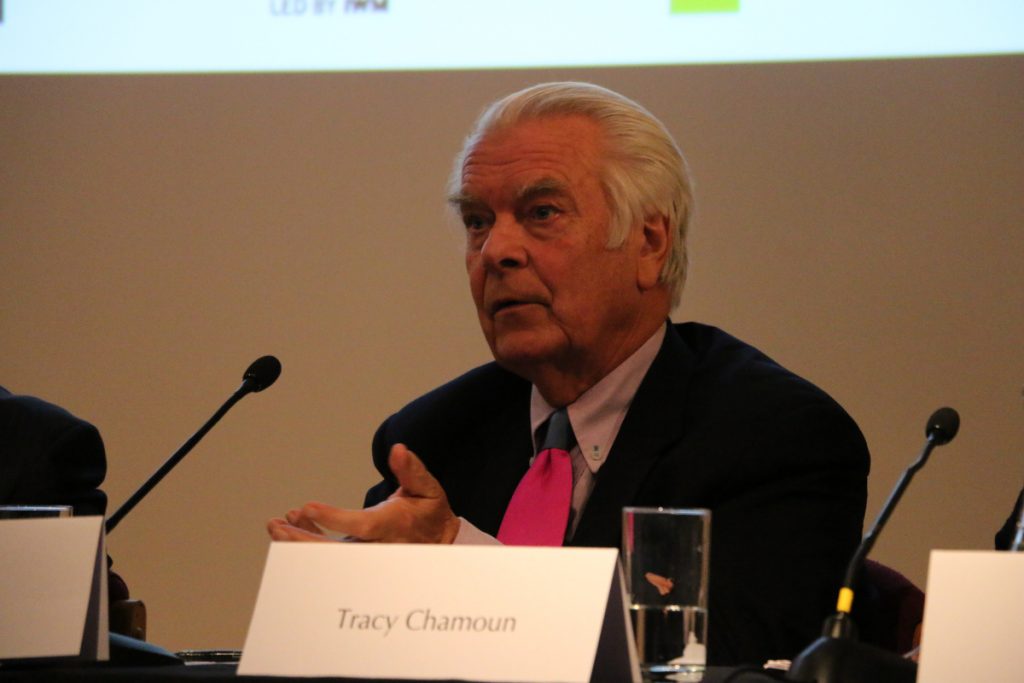
Our work relies on the generous support of our donors. Any contribution, no matter how small, helps us achieve our aims.